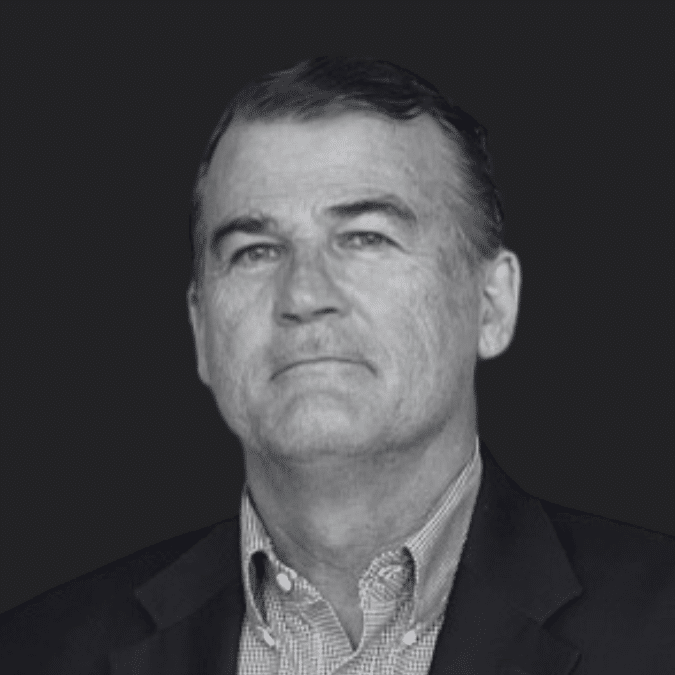January 3, 2024
Hyatt’s CSO on Managing Security When the Doors Are Always Open
Connect with us wherever you get your podcasts
In this episode
Bruce Mills, CSO of Hyatt Corporation, oversees over 160,000 associates and nearly 1,400 hotels and resorts in 74 countries. Mills is responsible for all security and life safety programs and initiatives, including physical and technical security, emergency preparedness and crisis management, travel safety and internal investigations, and brand protection activities. Tune in as he dives into strategies for communicating with leadership (especially when you have multiple bosses) and how to stay ahead of threats by standardizing technology across locations.
Learn more in Ontic Resources.
Listen
Hyatt’s CSO on Managing Security When the Doors Are Always Open
What you’ll learn
01
Navigating cultural differences in security standards
02
The importance of identifying risk and providing steps to mitigate it
03
The role of technology in the success of his role
More about our guest

Bruce is the Chief Security Officer of Hyatt Corporation, where he oversees global security and life safety programs for nearly 1,400 properties worldwide. Before joining the private sector, he served for 25 years with the U.S. State Department’s Diplomatic Security Service, managing safety and security programs at American embassies in countries such as Germany, Israel, and Afghanistan. Following his government career, Bruce held corporate security leadership roles at Cubic Corporation and Life Technologies. He is an active member of the Overseas Security Advisory Council (OSAC) and the International Security Management Association (ISMA).
Connect with Bruce

